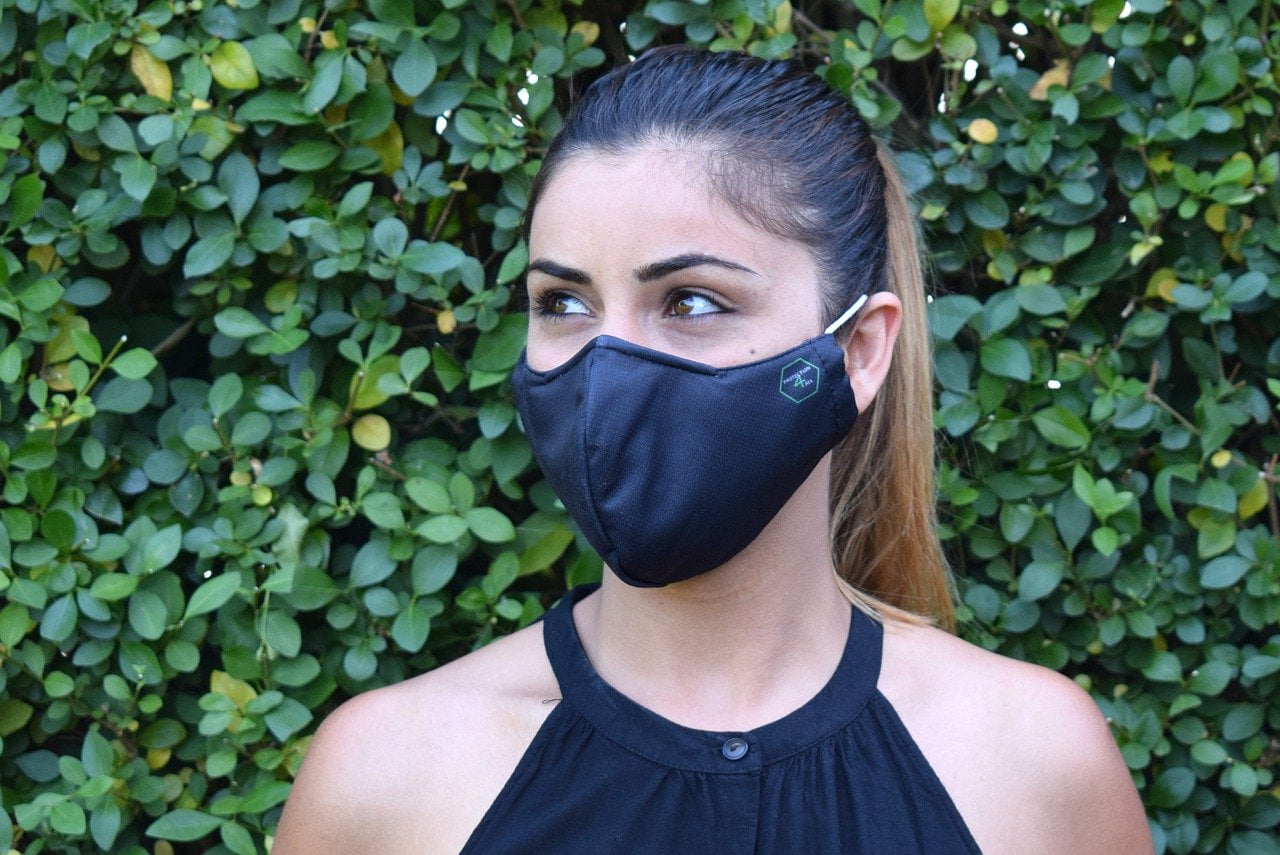Surviving The Pandemic: Five Great Lessons, Many Great Teachers From Munger to Churchill
Q2 2020 hedge fund letters, conferences and more
The world is unpredictable.
Anything can happen.
If you didn’t know before the pandemic, you know now.
So people seek comfort in predictions
Charlie Munger, famed investor and polymath, is rightly contemptuous of prognosticating pundits and latter-day soothsayers.
As Charlie says, all prognosticators have one thing in common:
“None of them know.”
Five Instructions for Playing Pundit
1) Be confident.
2) Intone.
3) If you got it wrong and do nothing else right
4) Always remember:
5) No one remembers!
Take Out Your Retrospectoscopes
But in retrospect we can occasionally discern inevitability.
Hindsight can be 20/20.
"Some things that happened for the first time seem to be happening again” --- "Where Or When" Richard Rodgers & Lorenz Hart
If a result recurs with a fact pattern seen before, Charlie asks:
"How Could It Be Otherwise?"
Charlie eschews prediction.
But he believes in learning from the past.
"There is no better teacher than history in determining the future. There are answers worth billions of dollars in a thirty dollar history book." --- Charles T. Munger
Observing what happens and perceiving patterned events.
That are not obvious unless and until perceived in hindsight.
"It was Barzini all along." --- Marlon Brando as Don Vito Corleone in "The Godfather" (1972)
Chinese doctors recently observed:
Few hospitalized COVID-19 patients wear glasses.
"What does that tell you?" --- Lee Strasberg as Hyman Roth in "The Godfather: Part II" (1974)
Ordinary safety glasses protect us!
I learned this very wisdom in high school metal shop.
Boys only.
Last names only.
Military-trained teacher, loud and blunt:
"If you wear safety glasses, keep them on.
If you don’t, wear these goggles.
Don't listen.
Lose an eye!"
From flying metal to COVID-laced spittle.
No great leap.
"The business schools reward difficult complex behavior more than simple behavior, but simple behavior is more effective." --- Warren E. Buffett
First day of microbiology class at medical school:
"Wash Your Hands!
Wash Your Hands!
Wash Your Hands!" --- Roger K. Cunningham, PhD
Professor Cunningham told the story of Dr. Ignatz Semmelweis.
19th Century Hungarian surgeon and obstetrician.
Observed new mothers dying of sepsis in childbirth in the surgical suites of Vienna.
Higher mortality than with midwives and nuns, both fastidiously clean.
Surgeons went from the autopsy room to the surgical suite, never washing their hands.
Semmelweis begged Viennese surgeons to wash before deliveries and lower childbirth mortality.
Ignored, Semmelweis died in a madhouse, beaten by guards.
Masking, gloving and gowning are now all sacrosanct in surgery.
And today there is a statue of Semmelweis at MedUni Vienna.
And Semmelweis University in Budapest.
Five Great Lessons For Surviving The Pandemic
1. Wear A Mask
Far less embarrassing than lying dead on a gurney.
Billy Wilder’s original script and failed, deleted opening for “Sunset Boulevard” (1950) featured corpses exchanging their stories in a morgue.
Preview audiences laughed.
2. Wear Your Glasses
Four eyes might mean nine lives.
3. "Wash Your Hands!
Wash Your Hands!
Wash Your Hands!"
---Roger K. Cunningham, PhD (1933-2004), Associate Professor of Microbiology and Immunology, University at Buffalo, Jacobs School of Medicine and Biomedical Sciences.
4. Don’t Touch Your Face Or Your 401K
Your face is the great portal of infection.
Eyes, nose and mouth.
Hands are a great vector.
All primates touch their faces.
Think of your 401K like your mother:
”My Mommy comes back
She always comes back
She always comes back to get me." --- "My Mommy Comes Back" Hap Palmer
5. Social Distancing Is Exhilarating
“Nothing in life is so exhilarating as to be shot at without result.” --- Sir Winston Churchill













